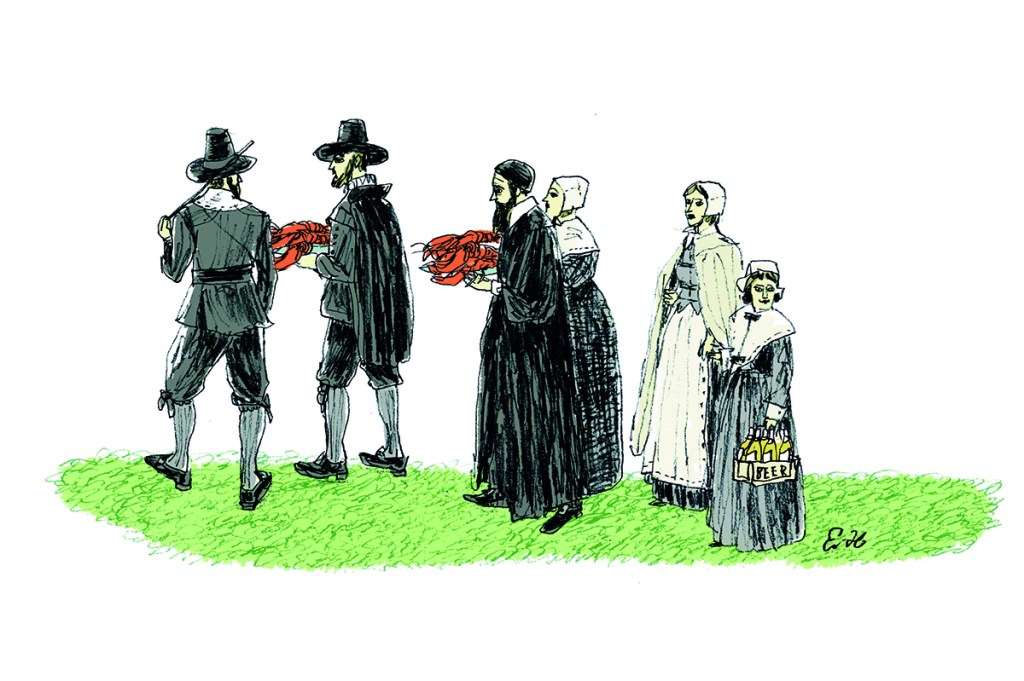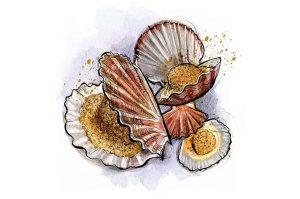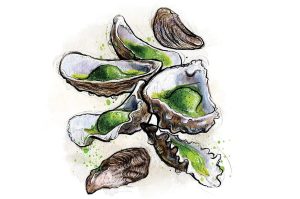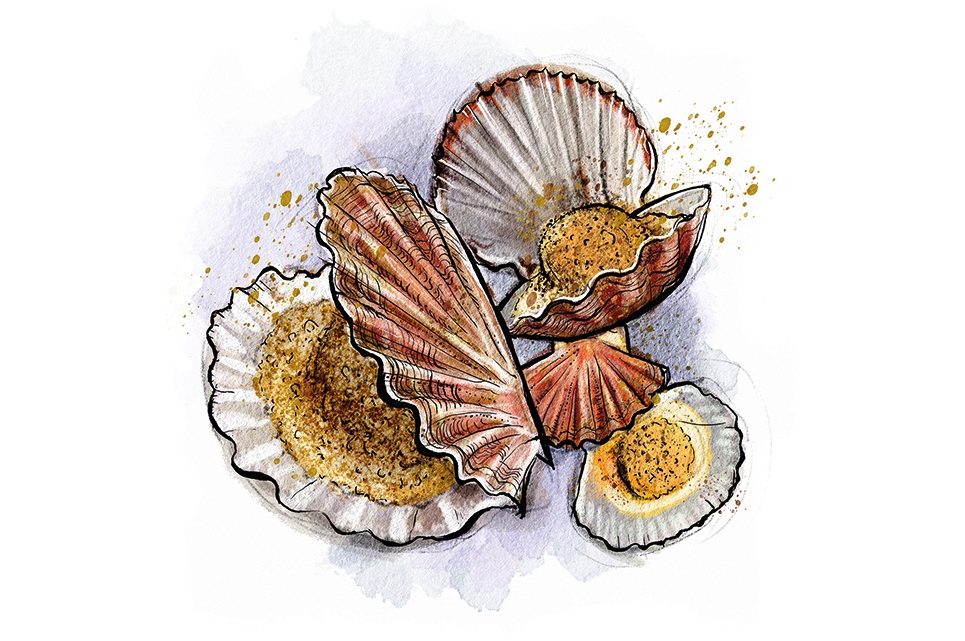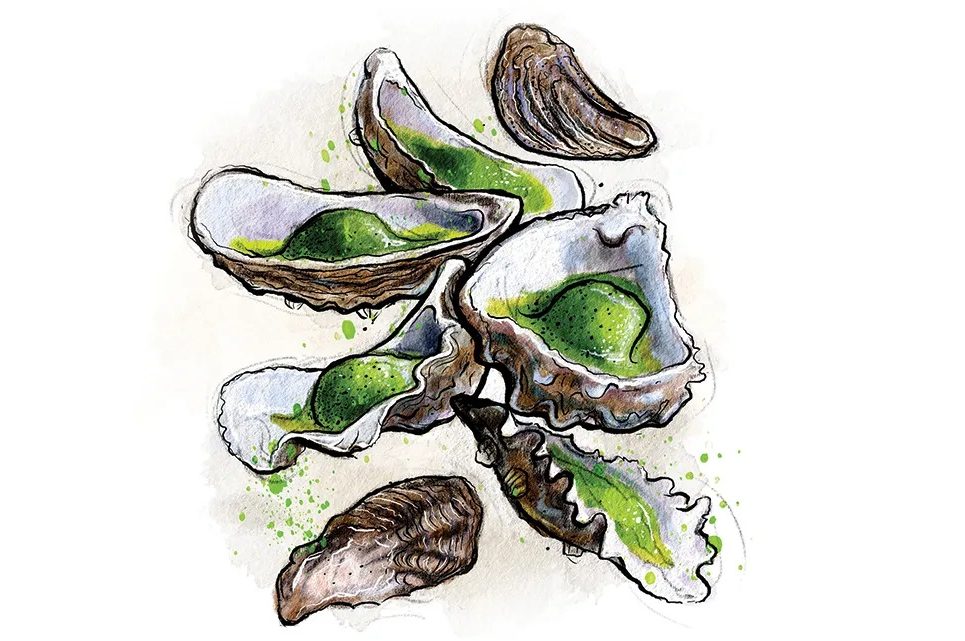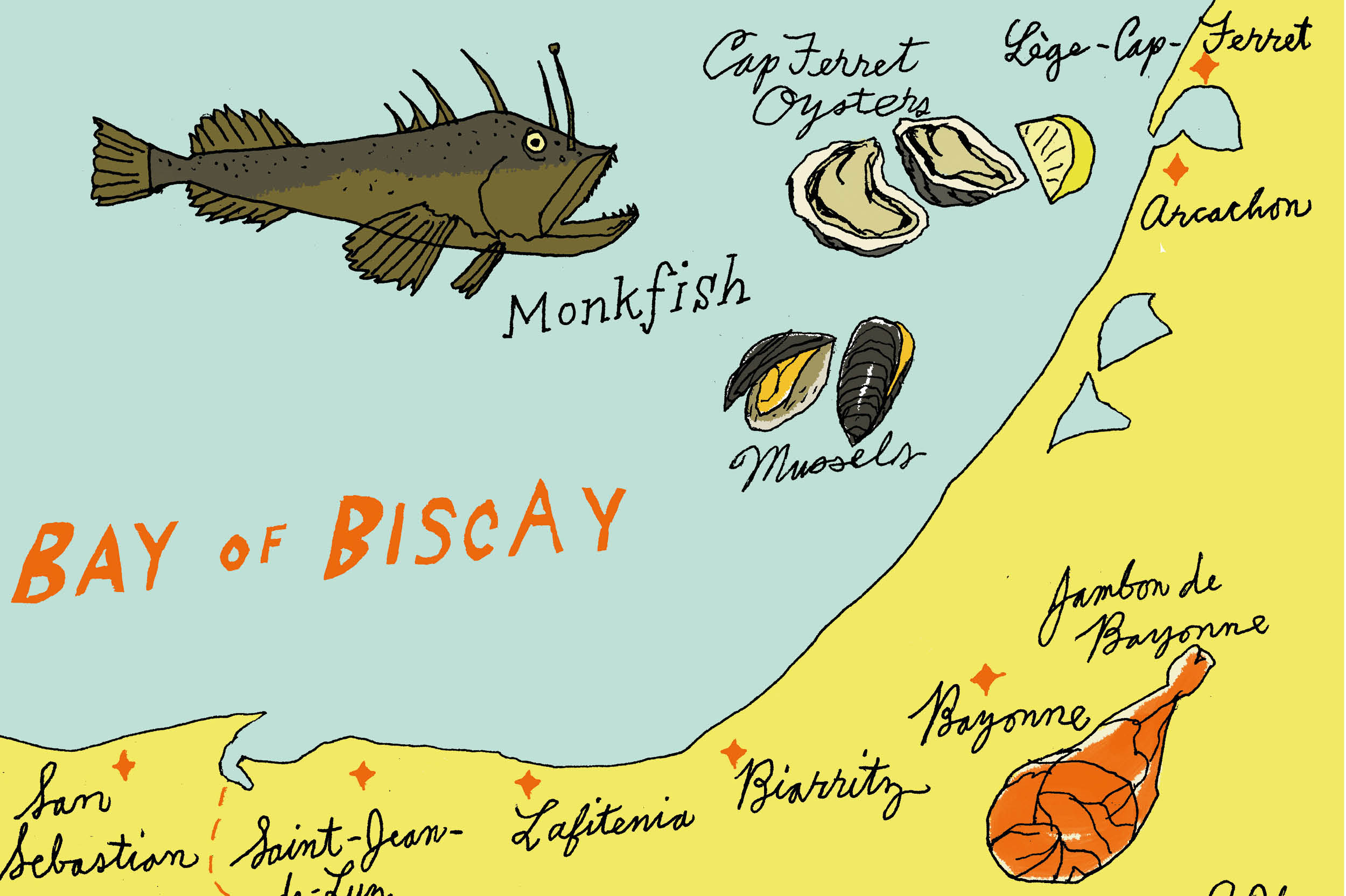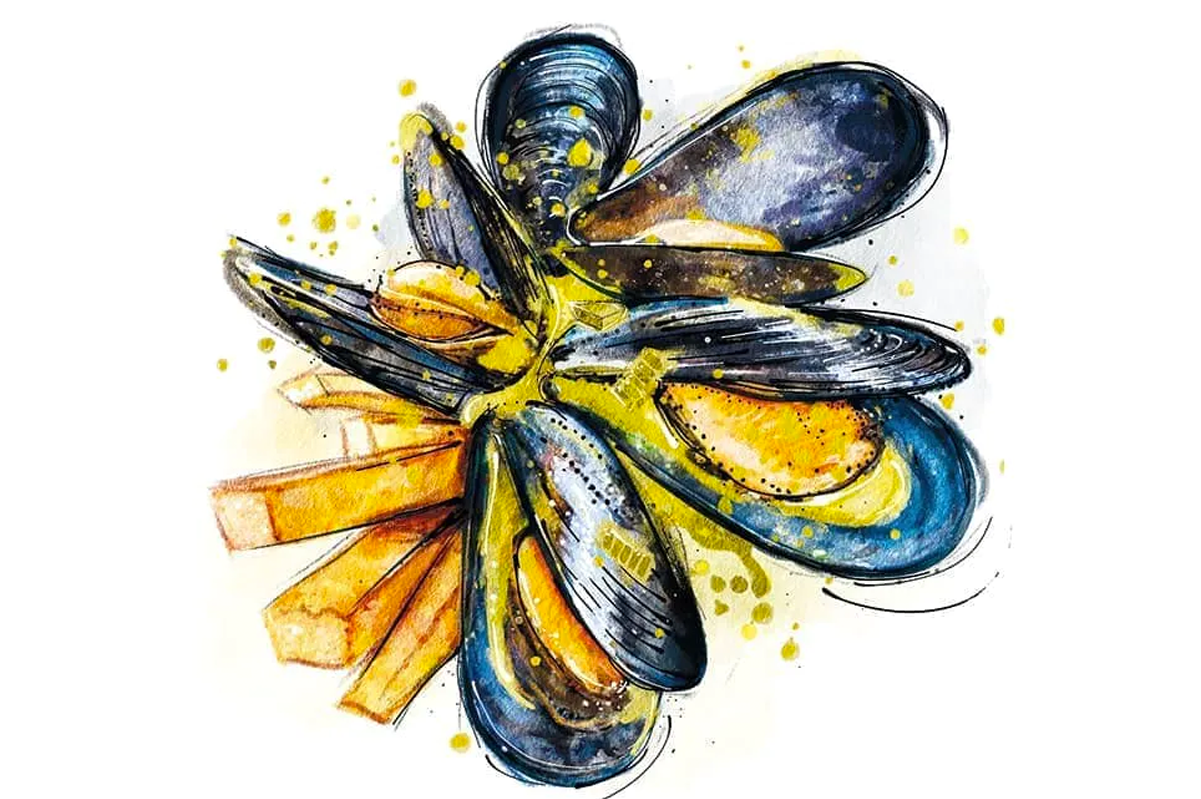Willard Nickerson was about as Cape Cod as you could get. Chatham locals even gave him the nickname ‘The Codfather’. Willard was a 12th-generation member of the Nickerson family, his ancestors having arrived on the Mayflower. He was also a Chatham lobsterman/fisherman and on July 4, 1976, Willard led the annual parade down Chatham’s Main Street in my father’s 1952 Woody car.
My father was rightly proud to chauffeur one of the town’s most revered residents. Willard was not just a local treasure because of his profession, he also played the trombone during Chatham’s summer band concerts. If you happened to be a year-round resident, Willard would come and find leaks in your roof during a blustery nor’easter. Obviously, if you were solid and sensible as a Chatham lobsterman/fisherman had to be (Chatham shoals are infamous for their perilous, shifting sands, catching unwary sailors) a leaky roof was a small challenge.
‘He’s a guy’s guy’, my father would say of Willard. Less known was that Willard was also a lobster gal’s guy. When my feminist mother discovered that female lobsters carried pink roe under their crusty carapaces, she asked Willard to make sure that the family summer lobster orders contained only females. Apparently female lobsters have wider tails than males, but it takes a salty, seasoned eye to see the difference.
After my father did the arduous hatchet job of opening Willard’s lobsters, my mother swept in to scoop out what she called ‘Chatham’s caviar’; a divine delicacy she reserved for hors d’oeuvres on fancy crackers, sprinkled with a touch of dill, for my parents’ cherished cocktail hour, when the sun passed over the yardarm.
;768:[300×250,336×280,320×100];0:[300×250,320×100,320×50]”]You wouldn’t find Willard bragging about Big George, the 37.4 pound, 2.1 foot lobster caught off Chatham in 1974. There was talk that it was Willard who caught a 100-year-old giant. Lobsters have rings like trees that can be used to establish their age but you can’t read them unless the lobster is dead. As Willard was a keen naturalist, he would most likely have thrown the giant lobster back. The gossip was probably false.
My mother’s idea of local ambrosia made its way to Willard’s ear and in the summer when my older sister, Christina, and I accompanied my father in the Woody to Nickerson’s Fish and Lobsters shack, adorned with colorful, weathered buoys, Willard would tell us to be sure to tell our mother that he’d put only ‘lobster ladies’ in our order.
Besides people, Willard really cared about the catch of the day — cod and scallops as well as lobsters — and keeping customers happy. You’d know that Willard considered you a bit of all right if he made your custom personal. When Christina was old enough to drive the Woody, we went to fetch the lobsters. We always were greeted with Willard’s broad smile and ‘Oh, it’s the Jones girls. Good to see you. How’s life treating you?’
After my parents bought their cottage in Chatham’s Old Village in 1960, it wasn’t long before they were on Willard’s first-name list. Willard and my father, Bob, liked the cut of each other’s jibs. The friendship meant that Willard not only would fix our leaky roof, but would save one-and-a-half pound lobsters (the ideal per person size) for my parents. Fortunately this was easy during the summer months, because tourists wrongly thought bigger was better, even for lobsters.
Chatham’s reputation grew. Property values soared, mansions were built on what were once sacred dunes, and during the summer there was a rush on lobsters. The Squire, Chatham’s local pub, gradually thermidored, Newberged and raviolied them to please tourist palates; suddenly reservations were required. My father, like most locals, was a purist: boiled for seven minutes, served with lemon, melted butter and beer was the only acceptable way to enjoy lobsters.
;768:[300×250,336×280,320×100];0:[300×250,320×100,320×50]”]When I married a Brit and took him to Nickerson’s to pick up the family order, Willard caught Richard’s accent and asked him if he’d ever tasted lobster in ‘the revolting colonies’. Richard, ever the diplomat, said he certainly hadn’t, although he’d taken clients in London to Wheeler’s, the famous and expensive London tavern that features lobster, along with roast beef, on its menu.
Later Willard came up with a new service for squeamish customers — he boiled their lobsters so they didn’t have to. When grandchildren arrived, we adults took advantage of this because the younger family members didn’t like hearing lobsters ‘scream’. As much as we explained that it’s only escaping steam and the lobsters died instantly, they wouldn’t buy it. For an extra two bucks, Willard would also crack the claws and open up the body.
One winter, my father asked Willard to pose for a head sketch. He was surprised when Willard agreed. Chatham winters are long and maybe Willard thought it might be fun and interesting. The following summer, I noticed hanging from my father’s studio door three weathered lobster-trap buoys. They had done an exchange — portrait for buoys. My father told me that the two friends had a wonderful time exchanging yarns of their dissimilar youths, my father’s memories of Provincetown in the 1930s and lots of Willard’s delicious lobster lore.
This article was originally published in The Spectator’s August 2021 World edition.



